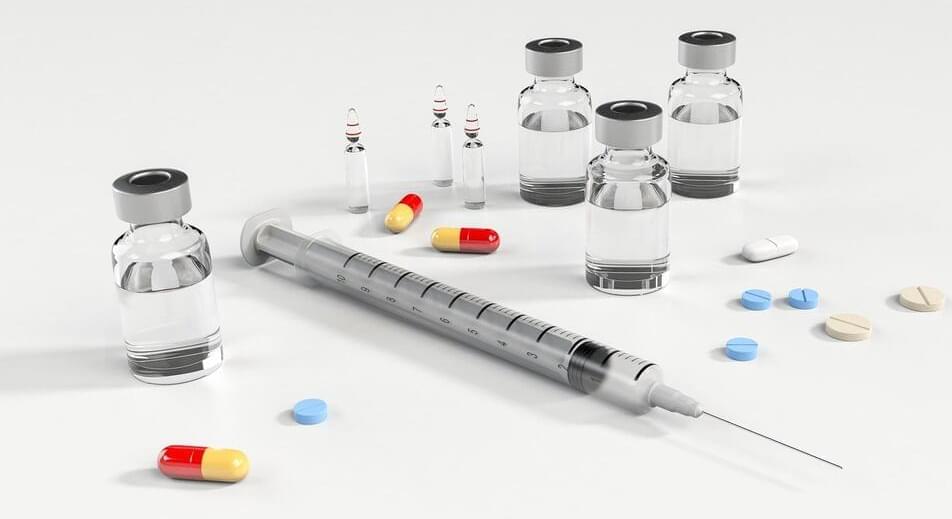Many medical treatments have toxicities, sometimes called adverse events, which can complicate a patient’s treatment regimen. Treatment-related adverse events can range from mild symptoms, like transient fatigue or nausea, to severe and lethal occurrences, including cardiac toxicity.
Cardiac toxicity, which manifests as indications like acute myocardial infarction (MI), and angina pectoris (AP), can occur in cancer survivors, even several years following successful treatment. The onset of heart-related adverse events long after treatment is known as late cardiac toxicity, which can become a lethal complication of cancer therapies like radiation and chemotherapy.
The mechanism underlying late cardiac toxicity remains poorly understood. Further, limited interventions to prevent or minimize these symptoms exist. This creates an urgent need to study this relationship and develop therapeutics which can stop or prevent late cardiac toxicity in cancer survivors.










Leave a reply